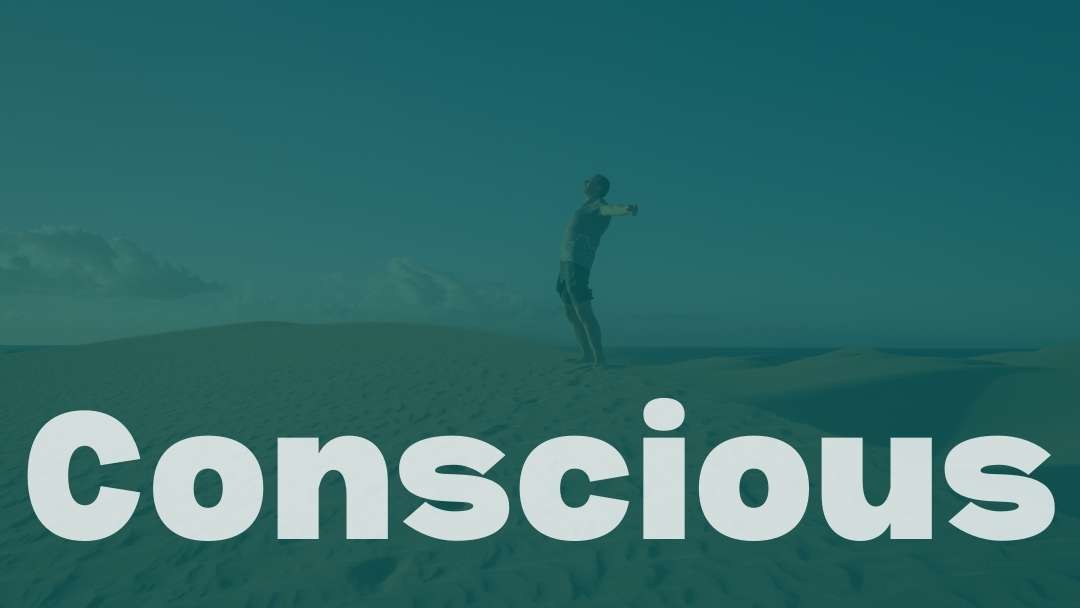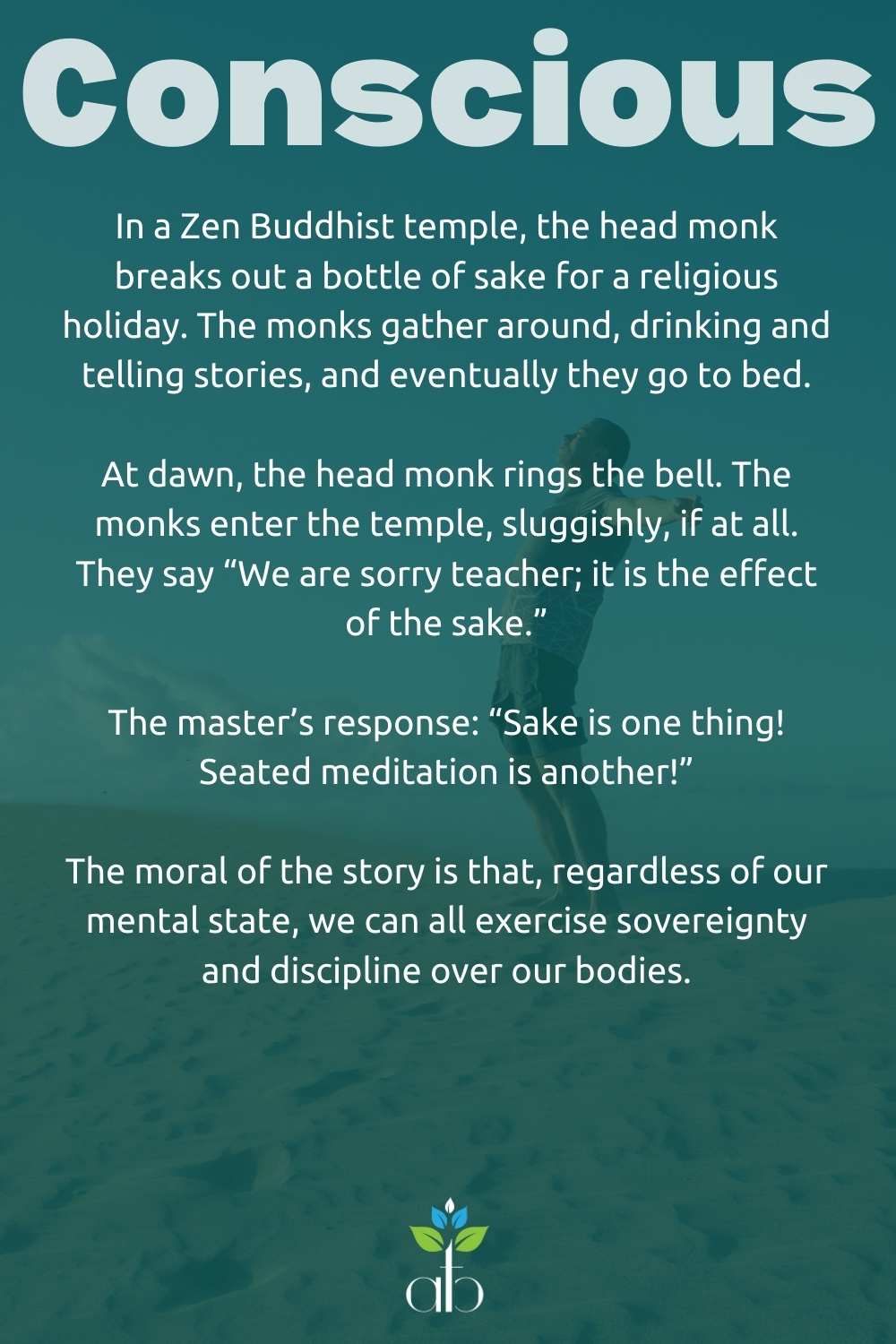Episode 281
Peaceful Personal Power

If someone wakes you up early in the morning, you might feel angry and be rude to them. The fact that you woke early is a justification for your anger, and your anger might justify your rudeness. Many people would forgive you in that situation, but it doesn’t have to be so.
We have the choice of assuming that circumstances determine our behaviour… Or we can choose something else.
If we know there is a situation arising that might be difficult – for example if we know the plumber is coming early in the morning – we can remind ourselves to expect an abnormal event, perhaps avoiding some ire.
Then we can choose to regulate our emotions regardless of the situation.
Then we can choose to treat people well regardless of what happens with our emotions.
Content warning: Drugs
Hosts & Guests
Kurt Robinson
Resources
Transcript
Welcome to a beautiful thought.
I was thinking about this idea I guess we can call it peaceful personal power.
If you can imagine a situation. Something might have happened to you. Let’s say you’re in a hotel room, and there’s a problem with the plumbing or the shower head or the heater and you call the reception to ask them to fix it and they say they’ll send someone up in the morning.
As it happens they send someone bright and early at 5:23 and you receive that knock on the door and you are like what is going on? Waking up from your daze having partied the night before and you start to get a little short with the man who is coming to help you.
A lot of this would feel irritating in this situation and in a sense its justified to feel annoyed in that situation. We were sleeping, not expecting someone at that hour. All these environmental factors including perhaps still a little alcohol in our bloodstream from the night before.
We can say to ourselves “If I get annoyed in that situation it is just merely a consequence of the situation. Merely a consequence of the environment or past effects. We don’t necessarily have to take the entire responsibility. And most people wouldn’t most people would call it an annoying situation.
We can look at it another way. I do look at this, if you excuse me, I think about this situation. I’ll tell you this story first, it goes something like this:
The zen master has a little celebration, its a special holy day in the temple. So he takes out the monks and brings out the sake and the drinking and laughing and having a good time. They’re telling stories about brothers of there’s who became enlightened or whatever it is and they go to bed quite late.
Then the zen master wakes at a early hour and rings the bell for morning meditation. And the monks arrive very sluggishly if they arrive at all. And they say “It is the affect of the sake, the late night, there is nothing we can do.”
The zen master says angrily “Sake is one thing, seated meditation is another thing and he expects them to be perfectly alert. I’ll tell the other story from my own experience because I’ve seen this with my own eyes. This kind of discipline over ones mind.
Excuse me a bit for the drugs involved in this story. I had this friend of extreme self control, I won’t mention his name. It happened he was also self medicating. Doctors wouldn’t give him pain medication for his fibromyalgia because they think its a made up disease. He had to go to the black market and found opiates.
It happened one night he was very intoxicated on these illegal drugs and we went to go pick him up. We were in Melbourne and my buddy pulls over to pick him up. He stands up, gestures for us to give him one moment and turns around carefully, precisely. Bends over about 90 degrees and opens his mouth and out comes a stream of vomit. Stands up, spine elongated. Again gestures and again bends over so precisely.
I’ve never seen someone vomit so precisely but that’s exactly what he did. This fellow my friend had exhibited so much self control, so much awareness of his own body that he was more self controlled in his intoxicated than many people exhibit self control in their sober state.
Now the point of this is we can have these assumptions about our own behaviors or state. We can believe our state justifies our annoyance or the way we treat other people.
We can choose to treat things in a different manner, have a different belief. We can say the situation does not justify my anger. My anger does not justify poor treatment of other people.
How else might we look at it? We might say to ourselves “I remain calm regardless of the situation” or we come into situations keeping in mind, we prepare ourselves if there’s a chance of an annoying situation, there may be an adverse situation. Just having that fact in mind may prepare us from being annoyed by the situation.
If we do find ourselves annoyed we can have the following belief or perhaps according to your own wisdom you can generate another belief and say to ourselves: I am polite to people regardless of my emotional state. My emotional state doesn’t have to be passed onto other people.
Of course that is very easily said and not so easily done in the real world. I am not claiming I have this ability all the time. I do think its good to set that standard like those kinds of things are possible. It is possible to not blame our state of mind on the sake we took the night before.
Not blame external factors how we treat other people but to take responsibility for our own personal peace and the peace of others around us in the way we treat them.
That peaceful personal power. Thank you for looking for opportunities to examine your own beliefs, make them conscious and bring them into view so you can have opportunities to assume more of that peaceful personal power.

New Episodes Every Weekday
11am Mexico City time
10 min episodes Monday - Thursday
1 h interview episode on Fridays
As an Amazon Associate I earn from qualifying purchases.
Stay Beautiful &
Stay Connected
